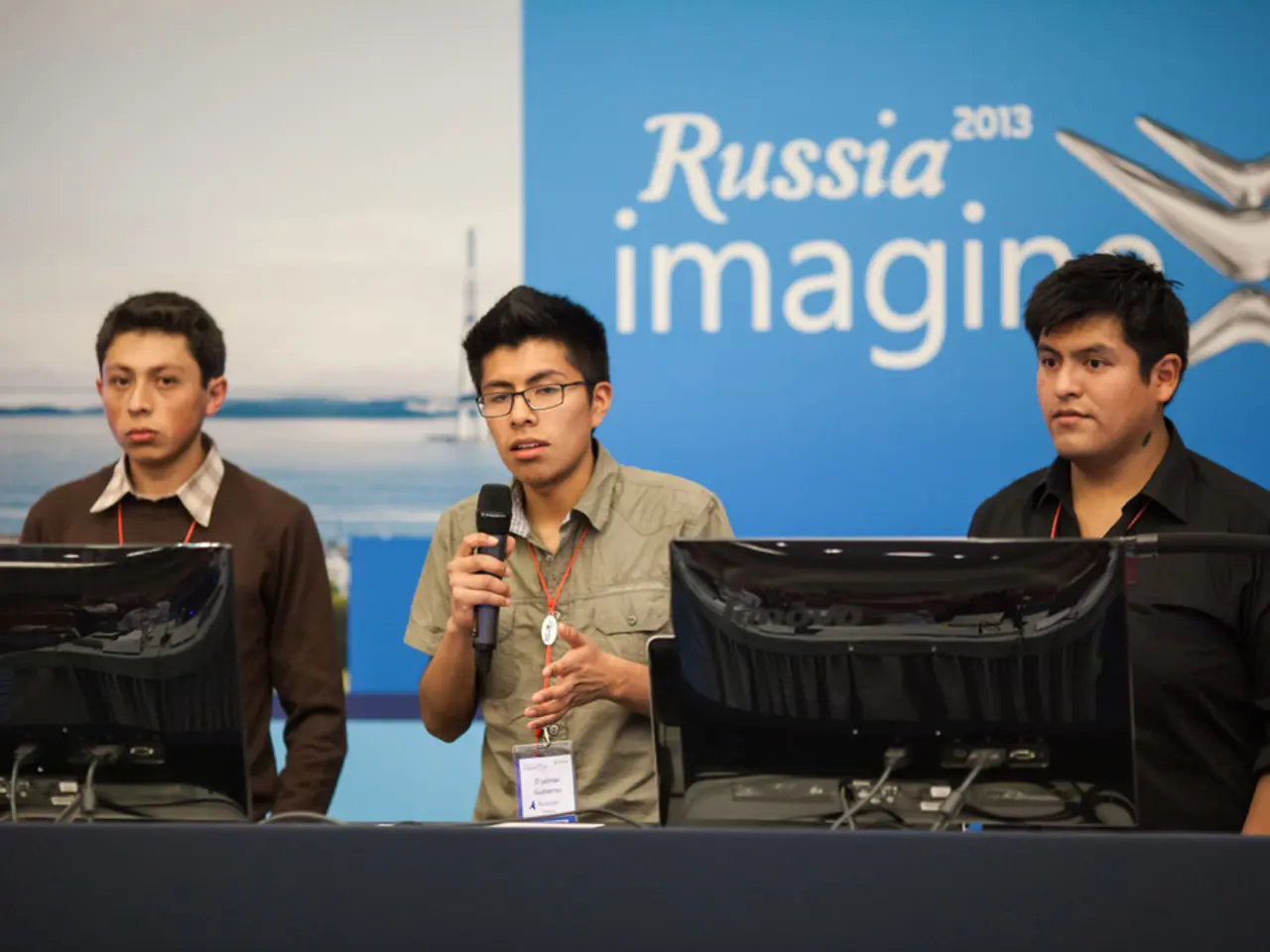A Break from Russian Gas: EU's Plan for Energy Independence
- *
Plan proposed by European Commission for prohibition of natural gas purchases from Russia - EU Offers Proposal to Discourage Purchases of Natural Gas from Russia
In a bid to sever ties with Russian fossil fuels and secure energy independence, the EU Commission has put forth a plan to phase out Russian gas imports by 2028. As it stands, Russia contributes around 19% to the EU's gas imports in 2024.
Three-Year Plan
The proposal entails a gradual ban on Russian gas imports, with some exceptions to maintain market stability. Here's a breakdown:
- Long-term supply contracts from Jan 1, 2028, will be fully banned.
- Short-term contracts will be banned from June 17, 2026.
- Any new contracts signed after June 17, 2025, will be barred from Jan 1, 2026.
The plan is yet to be approved by the EU member states and the European Parliament. It requires the endorsement of at least 15 countries, representing 65% of the total EU population.
Alternative Suppliers
The EU aims to diversify its gas supply by increasing imports from Norway, Algeria, and Azerbaijan. Additionally, LNG imports from the US, Qatar, and other global producers will be boosted. The implementation of the REPowerEU initiative will also accelerate the deployment of renewables and improve energy efficiency.
Key Players and Challenges
European energy companies like Uniper, OMV, and RWE, which have previously relied heavily on Russian gas, have already moved towards diversification. However, some companies, particularly infrastructure operators, may facelogistical and financial challenges as they adjust to new supply routes and client bases.
Traders dealing in Russian gas will need to secure alternative sources and verify the origin of their supplies to comply with new regulations.
Emergency Measures for Vulnerable Countries
Countries with limited alternative supply routes, such as Austria and Hungary, are granted a longer transition period due to their dependence on Gazprom. The EU has pledged that no member state will be left without energy during the transition, with support and alternative solutions provided when necessary.
Is the EU Prepared for the Transition?
According to an analysis by the authority, the European energy market can sustain the remaining gas volumes without risks to supply security. However, provisions have been made to address sudden and significant market developments that may threaten the supply security of one or more member states. In such cases, the Commission could allow affected countries to suspend gas import bans on a time-limited basis, imposing additional conditions to ensure rules are strictly followed.
- EU Commission
- EU
- Russia
- Europe
- Pipeline
- Ukraine
- Strasbourg
- Moscow
- Hungary
- Importers
- EU Parliament
- The EU Commission's plan to phase out Russian gas imports by 2028 involves a gradual ban on imports, with exceptions to maintain market stability, and is yet to be approved by the EU member states and the European Parliament.
- To ensure energy independence, the EU aims to diversify its gas supply by increasing imports from Norway, Algeria, Azerbaijan, the US, Qatar, and other global producers, and implementing the REPowerEU initiative.
- European energy companies, such as Uniper, OMV, and RWE, have started moving towards diversification, but some may face logistical and financial challenges, particularly infrastructure operators.
- Countries with limited alternative supply routes, such as Austria and Hungary, have been granted a longer transition period due to their dependence on Gazprom, with support and alternative solutions provided by the EU when necessary.




